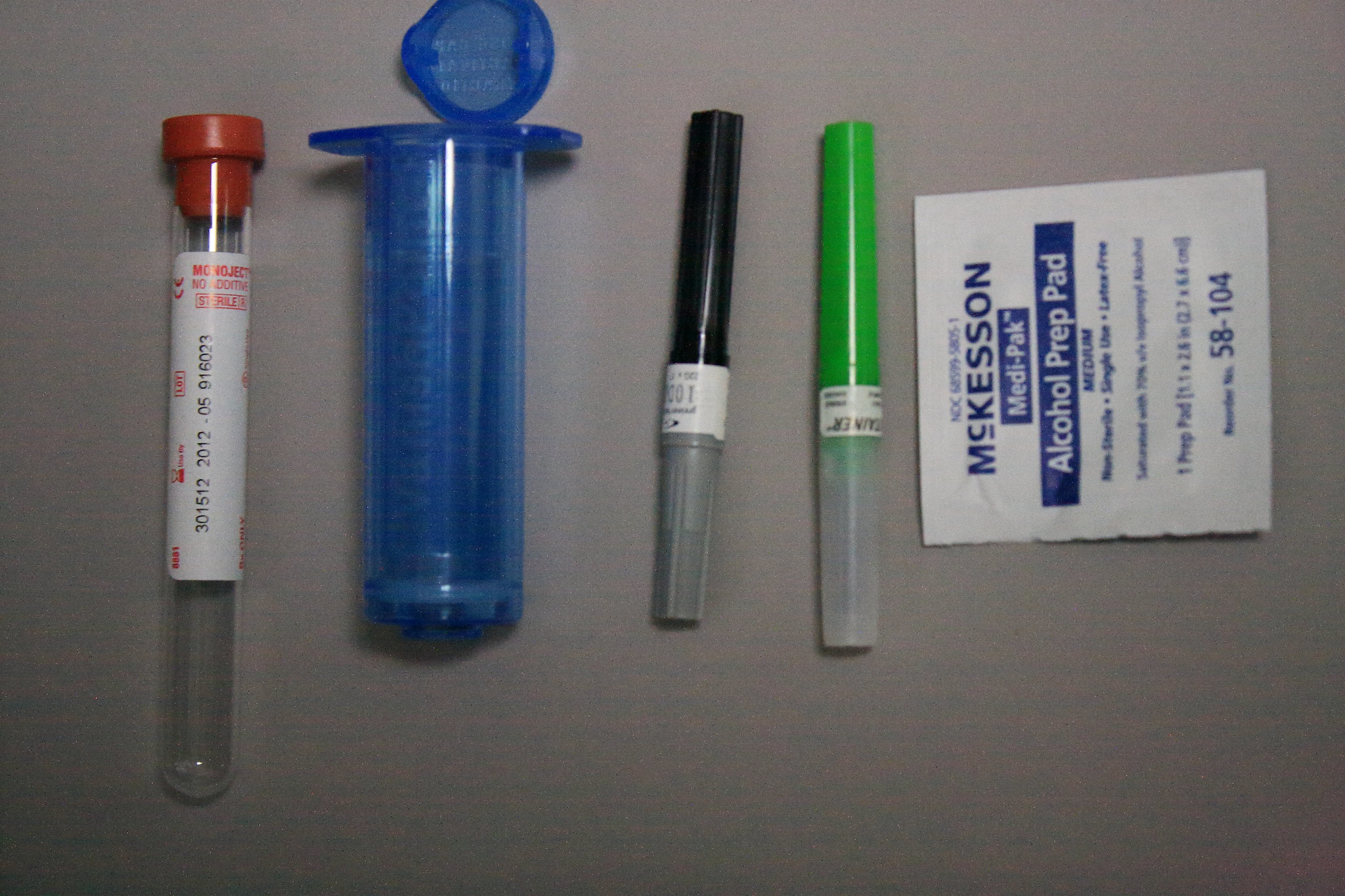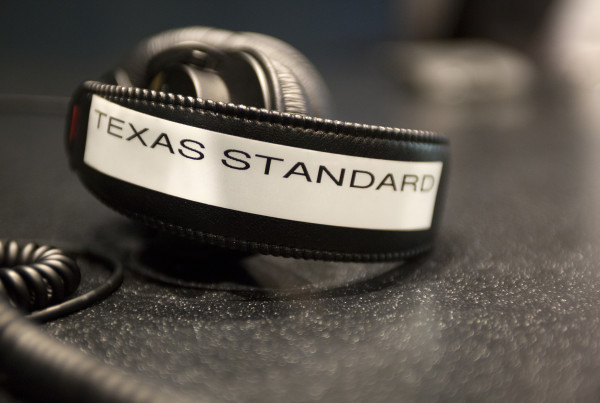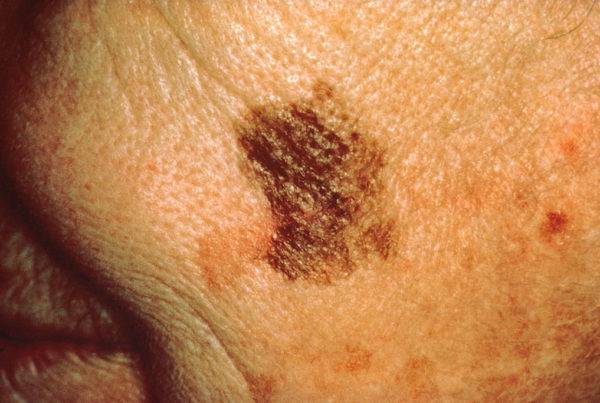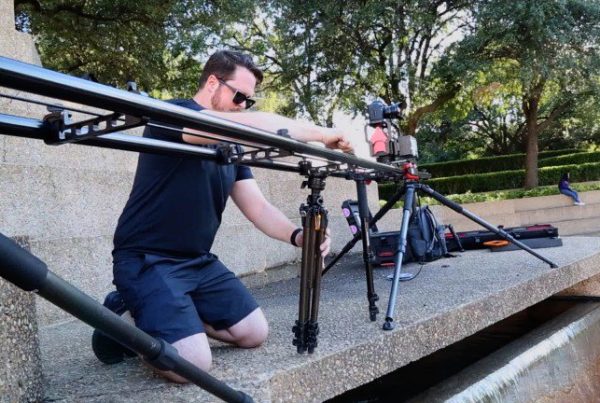The Standard’s news roundup gives you a quick hit of interesting, sometimes irreverent, and breaking news stories from all over the state.
Thousands of blood samples from drunk driving cases in Harris County may be compromised due to a recall from the company that makes vials for blood collection.
Becton, Dickinson and Company, or BD, is recalling about 240,000 vials nationwide. That’s because some of the kits were missing a crucial preservative that keeps blood from clotting and the alcohol concentration from changing, though the company estimates only a few hundred vials are defective.
Still, it calls into question thousands of DWI cases in Harris County, which means many people who have pleaded guilty our been convicted of drunk driving may ask to have their case retried.
Harris county had about 6,000 vials included in the recall, 3,400 of which have already been used.
According to a new study from the University of Arizona, the widespread pumping of groundwater in western states like Texas has decreased the flow of some streams and rivers by as much as 50%..
Laura Condon is a hydrologist, and author of the study. She says a lot of people might not know that groundwater and surface water are interrelated.
“Groundwater is a really slow moving system,” Condon says. ”So the impacts we have to groundwater are going to be some of our most lasting impacts to the hydrologic system. So even if we change all of our surface layer irrigation and what we’re doing. The impact of that storage loss that occurred over 100 years is going to stay there for a long time.”
Condon says the Texas Panhandle is one area that showed an especially strong link between groundwater and surface water. She adds that she hopes the research will inform better water resource management. In many states, including Texas, surface water is property of the state while groundwater is considered private property.
Researchers at the University of Texas at Austin have designed a heartbeat sensor that’s so thin and stretchy it’s like an electronic tattoo.
KUT’s Sangita Menon has more on the technonlogy:
The sensor is smaller than a credit card and thinner than a human hair. And is applied to a person’s chest using medical tape. It generates a seism cardiogram, which measures the mechanical pulses of the heart. Conventional methods would require a person to use a much bulkier device. Taewoo Ha is the lead author on the paper. He says the sensors can help detect abnormalities.
“For example, like we call it murmur when your heart sounds weird. Your valves are multifunctioning. That sounds weird and our sensor can capture that kind of abnormal activities,” he says.
Although the sensors may be unobtrusive to the wearer, they still need to be physically connected by wires to a device to read the data. Researchers in the UT lab are working on a wireless solution and smartphone integration.

















